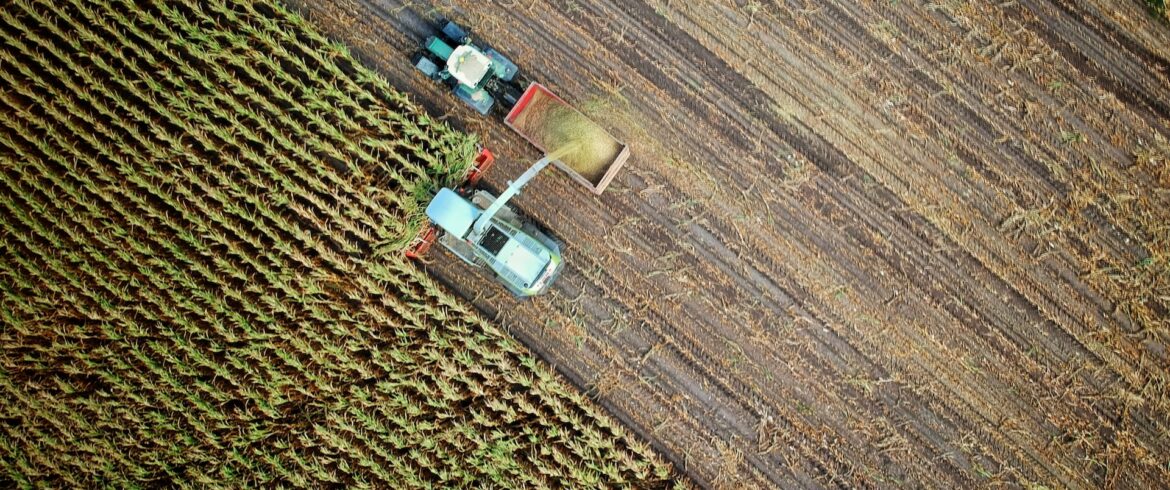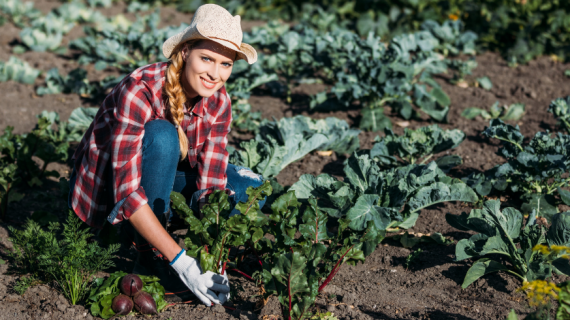Sustainable agriculture is an essential practice that harmonizes the needs of plants, animals, and humans while ensuring long-term ecological balance and resource conservation. By adopting environmentally friendly techniques and promoting ethical practices, sustainable agriculture aims to provide food security, protect biodiversity, conserve natural resources, and support thriving rural communities. This article delves into different facets of sustainable agriculture, including soil management and crop production practices, as well as water conservation, biodiversity conservation, animal welfare, social and economic considerations, technology and innovation, and policy and advocacy activities.
Soil Management and Conservation

The foundation of agriculture lies in the soil, with its vitality and well-being being paramount for sustained food production. Sustainable agricultural practices prioritize techniques like crop rotation, cover cropping, and organic farming methods to enhance soil quality, mitigate erosion, and facilitate nutrient cycling. By avoiding excessive chemical inputs and promoting organic matter accumulation, farmers can preserve soil health, reduce the risk of pollution, and maintain productive farmland for future generations.
Reduced-Risk Pesticides and Least-Toxic Alternatives
Before, there have been numerous cases highlighting the negative effects of traditional chemical pesticides. Roundup, a widely used herbicide with glyphosate as its primary ingredient, has received substantial investigation due to its probable carcinogenic qualities. Numerous studies and legal proceedings have brought forth significant concerns regarding the development of different cancer types resulting from exposure to Roundup, such as non-Hodgkin’s lymphoma, pediatric brain cancer, and several other illnesses.
To address the issues, the adoption of Least-Toxic Alternatives and Reduced-Risk Pesticides has become a pressing need. This approach prioritizes pest management methods with minimal adverse effects on human health and the environment. Integrated Pest Management (IPM) techniques have gained prominence in this regard, emphasizing the reduction of chemical pesticide reliance and the promotion of sustainable practices. By implementing IPM and other least-toxic alternatives, individuals in agriculture, horticulture, and pest control can effectively manage pests while mitigating the potential negative impacts on soil health, biodiversity, and human health. These approaches strive to strike a balance between effective pest control and the preservation of environmental and human well-being.
Sustainable Crop Production Techniques
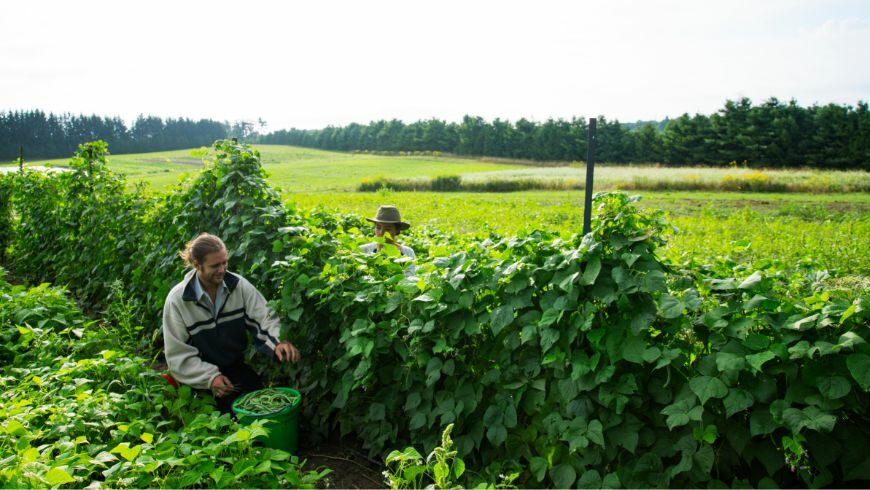
Sustainable agriculture encourages the use of diverse and resilient crop production techniques to ensure long-term productivity. Integrated pest management (IPM) strategies help reduce reliance on synthetic pesticides by promoting natural pest control methods, such as beneficial insects and crop rotation. Agroforestry, a practice that combines trees with agricultural crops, enhances biodiversity, reduces water runoff, and sequesters carbon dioxide. Precision agriculture, utilizing advanced technologies like sensors and drones, enables farmers to optimize resource use and reduce waste.
Water Conservation and Management
Water scarcity is a pressing global issue, making efficient water management crucial for sustainable agriculture. Implementing techniques like drip irrigation, rainwater harvesting, and precision irrigation can significantly reduce water usage and increase crop water-use efficiency. Sustainable agriculture also promotes the preservation and restoration of wetlands, rivers, and other natural water sources, ensuring water availability for ecosystems and future agricultural needs.
Biodiversity Conservation
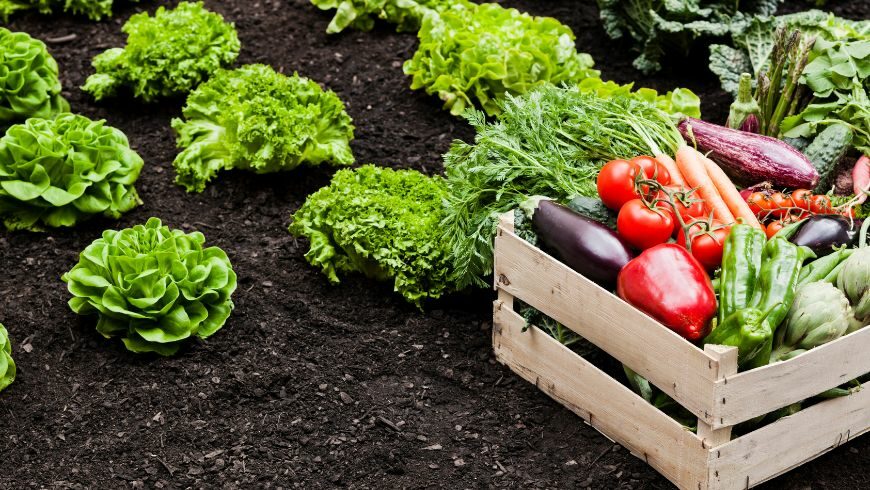
Preserving biodiversity plays a crucial role in ensuring sustainable agriculture by fostering natural pest control, pollination, and ecosystem resilience. Farmers can encourage biodiversity by establishing wildlife habitats, creating buffer zones, and implementing agroecological practices. Farmers may enhance the presence of beneficial insects, birds, and other animals on their fields by protecting and restoring native ecosystems. These organisms are critical to the health and balance of the ecosystem.
Animal Welfare and Livestock Management
Sustainable agriculture places a strong emphasis on animal welfare and ethical livestock management. It promotes practices that ensure animals are treated with respect, have access to adequate space, and appropriate nutrition, and are raised in a stress-free environment. Pasture-based systems, rotational grazing, and humane handling practices are some examples of sustainable livestock management techniques that prioritize animal welfare while minimizing environmental impact.
Social and Economic Considerations
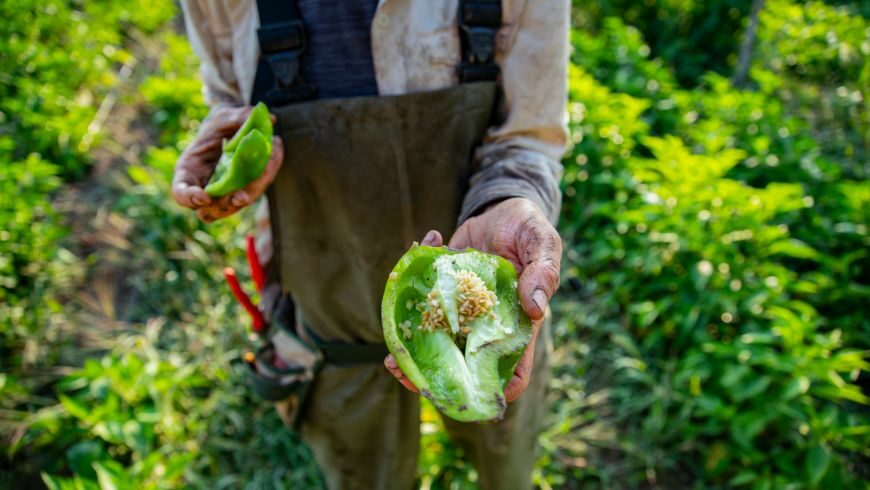
Sustainable agriculture recognizes the importance of supporting rural communities, promoting fair trade, and fostering social equity. It promotes a deeper connection between local farmers and consumers by emphasizing the significance of local food systems, farm-to-table initiatives, and community-supported agriculture (CSA). Sustainable agriculture contributes to healthy rural economies and societal well-being by paying fair salaries, supporting rural lives, and offering opportunities for small-scale farmers.
Technology and Innovation in Sustainable Agriculture
Advancements in technology and innovation play a significant role in terms of sustainable agriculture. From precision agriculture tools and remote sensing to genetic engineering and biotechnology, these innovations offer opportunities for more efficient resource management, reduced environmental impact, and increased productivity. Nonetheless, it is crucial to exercise prudent judgment when utilizing such technologies, considering both the potential hazards and ethical ramifications.
Policy and Advocacy for Sustainable Agriculture
To create a supportive environment for sustainable agriculture, policies, and advocacy efforts are essential. The notion of collaboration between international organizations, governments, and civil society is essential in constructing and implementing policies that promote the widespread adoption of sustainable practices. Additionally, these entities can provide financial assistance and facilitate research and education initiatives to further advance this field. The crucial role of advocacy cannot be overstated as it acts as a catalyst for raising awareness about the numerous benefits associated with sustainable agriculture. Moreover, advocacy serves as a powerful tool for influencing public opinion and propelling policy changes at various levels, be it local, regional, or global.
Conclusion
In conclusion, sustainable agriculture practices offer a viable path toward a more resilient and equitable food system. We can minimize the adverse effects of traditional farming, safeguard our natural resources, and even secure a sustainable future for generations to come by placing importance on the requirements of animals, plants, and humans. We can alter our agricultural systems and achieve a peaceful balance that benefits both human well-being and the health of our planet if we work together.
Foto di no one cares su Unsplash
